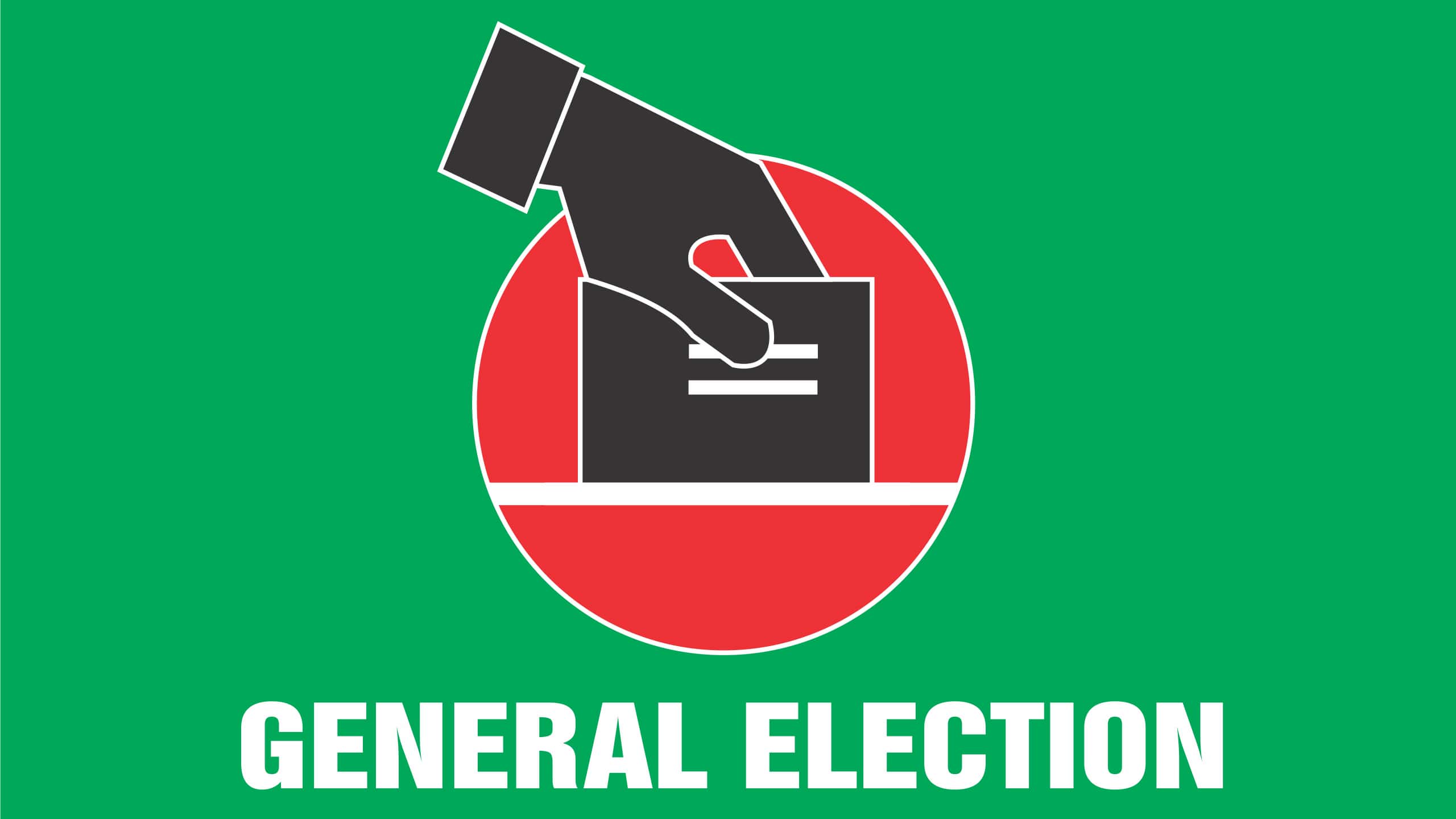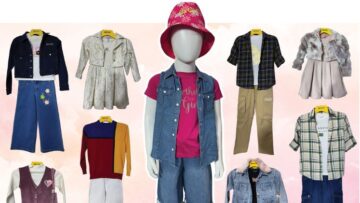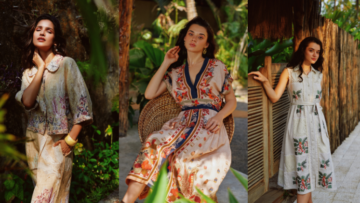General elections are just around the corner. Bangladesh is expected to go to polls either in December this year or January next year to elect its 11th Parliament (Jatiya Sangshad). With this, speculations are rife as to its repercussions on the business front. Four years on, memories of the last general elections seem still fresh!
Turbulence in periods preceding and after national elections, as witnessed in 2014, have prompted capital outflows and disrupted trade. The massive violence ahead of the 2014 elections had a tell-tale impact on the readymade garment sector to say the least. As per a Reuters’ report (which cited industry officials), the impact of the wide-spread election-related violence not only disrupted business and transportation, its effect was more devastating than that of the so-called ‘mother of all tragedies’, the infamous Rana Plaza Collapse, which claimed lives of 1,100 garment workers, prompting urgent calls for safer working conditions and more accountability on part of the global retailers sourcing from the country.
The political unrest and violence, especially in the crucial months of December and January (considered peak season in terms of exports when customers in the west splurge on shopping), led to disastrous trade results. The industry had to bear the brunt of it, with numerous buyers calling off orders from Bangladesh, anticipating uncertain shipments. And a major beneficiary of the same had been the next-door neighbour India, which took most of the orders while the rest went to Pakistan and China.
As per an economic update of Asian Development Bank, Bangladesh garment industry suffered a loss of at least US $ 3.8 million in December, 2014, due to order cancellations as the country’s economy was brought to a standstill amidst near-complete disruption of the supply chain.
Fast forward to 2018! The election this time around is again scheduled for either December or January, 2019. What are the experts anticipating…A rerun of 2014?
“As per my understanding of the current political scenario, the upcoming general elections would be more or less peaceful. As the elections have to be held within three months’ of its declaration, political parties would be busy in campaigning, mobilising votes and, preparing the grounds to put up a good show,” maintained Khondaker Golam Moazzem, Research Director of Centre for Policy Dialogue (CPD) speaking to Apparel Resources.
The CPD is a leading institution in Bangladesh, involved in research and dialogue to promote inclusive policymaking in the country, and strengthening regional and global economic integration.
Moazzem, however, was yet to be certain on the country’s main opposition Bangladesh Nationalist Party’s (BNP) reactions in case it chooses to abstain from the electoral process, as it did in 2014. The CPD Research Director is nonetheless confident as to no matter what, political unrest if at all happens, would lack the intensity of 2014 to cause any serious harm to country’s RMG sector.
Meanwhile, Bangladesh’s Chief Election Commissioner (CEC) K.M. Nurul Huda while interacting with the media recently expressed hopes that the BNP will participate in the next general elections. “I hope BNP will participate in the next general elections…we’ll hold an inclusive election,” Huda reportedly maintained.
At a time when apparel exports are picking up after a somewhat lacklustre show of FY 2016-17, political unrest is the last thing in the entrepreneurs’ mind now. Registering the lowest export growth in last 15 years in fiscal year 2016-17 (0.20 per cent), the country’s apparel exports are on the rebound, both in traditional and non-traditional destinations. The country in FY 2017-18 posted an overall growth of 8.76 per cent on a year-on-year basis, exceeding the strategic export target of US $ 30.1 billion by 1.51 per cent.
Bangladesh exported RMG worth US $ 5.325 billion in July to June period of fiscal 2017-2018, marking a surge of 2.84 per cent in USA, while in its biggest export market of Germany (in Europe), the country posted a growth of 8.65 per cent to clock US $ 5.58 billion.
Even in non-traditional markets, Bangladesh is putting up a good show. Japan is a burning example of the same. Bangladesh’s exports to its biggest non-traditional destination Japan was valued at US $ 845 million, which was an impressive 13.7 per cent gain on a year-on-year basis during the fiscal that ended in June.
Some apparel exporters Apparel Resources spoke to, expressed apprehensions about the upcoming general elections and effects it would have on the garment trade, but majority preferred to keep their fingers crossed.







